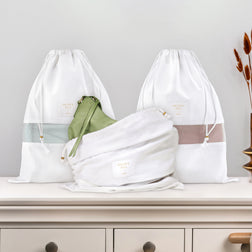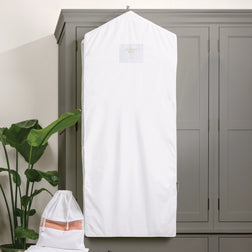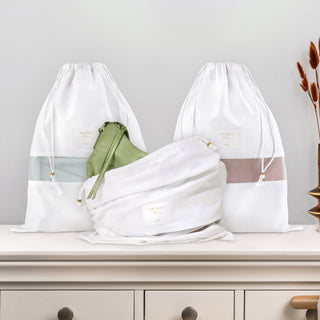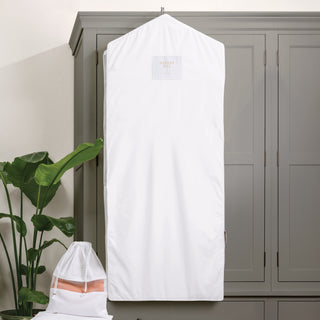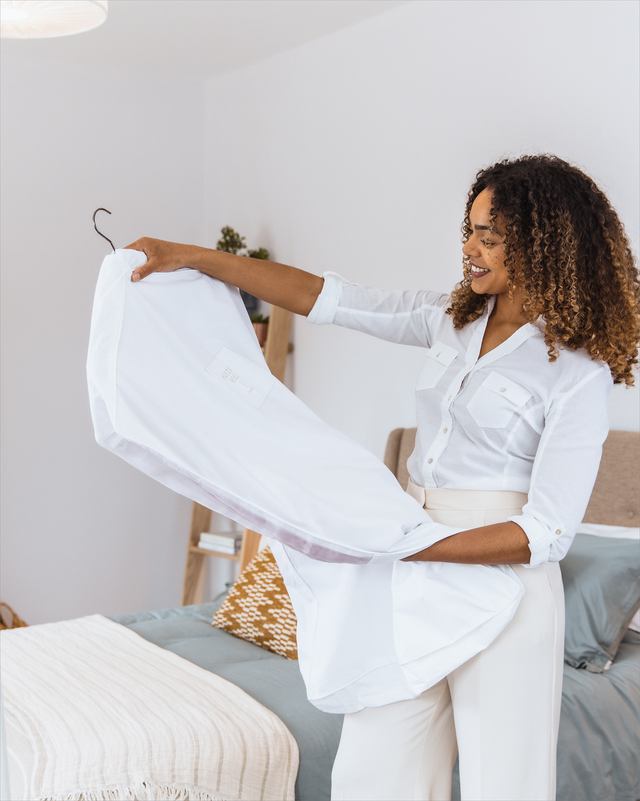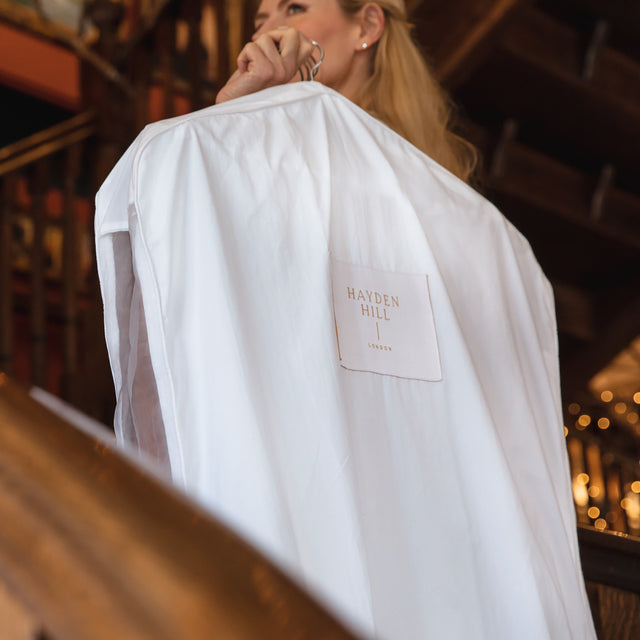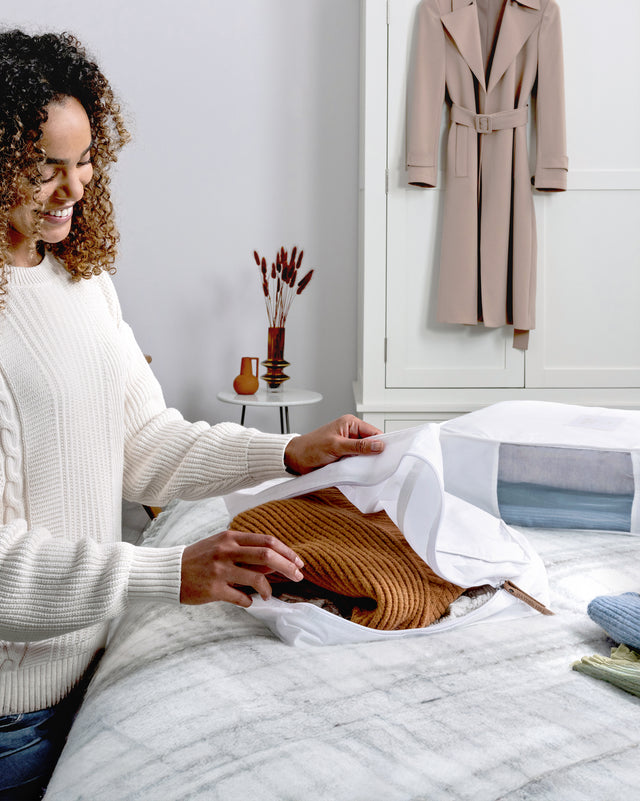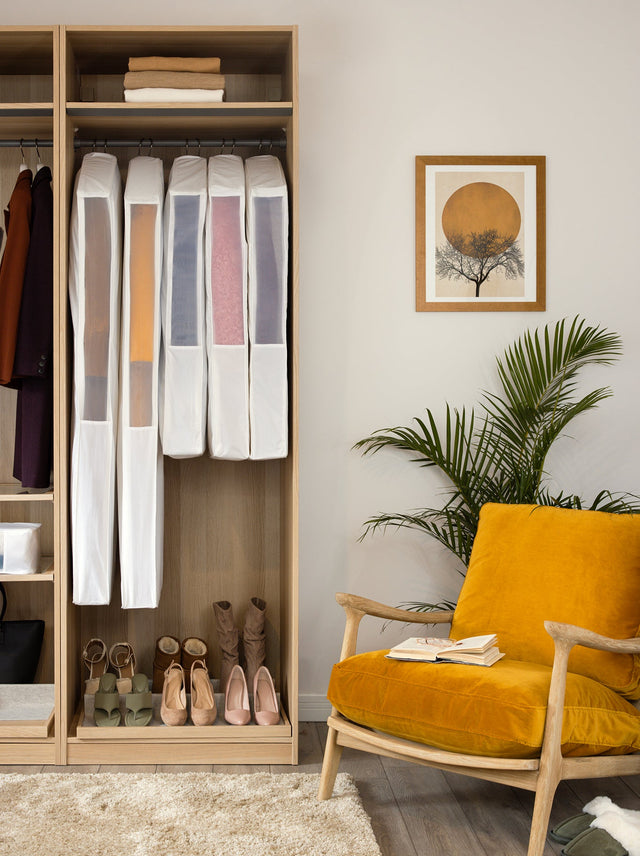You may have noticed that more and more bamboo products are hitting the shelves every day. The bamboo plant is used to make kitchen utensils, toilet paper, toothbrushes, mobile phone cases, and more. In fact, you can now easily find sheets made with bamboo.
You may have noticed that more and more bamboo products are hitting the shelves every day. The bamboo plant is used to make kitchen utensils, toilet paper, toothbrushes, mobile phone cases, and more. In fact, you can now easily find sheets made with bamboo.
From bed linens, which play a significant role in ensuring you have a restful and refreshing night’s sleep, to material for clothing and furnishings, cotton makes a huge contribution to our daily lives.
Cotton has historically dominated the clothing and bed linen market, but there may be a new front runner in town! Have you ever considered products made from Bamboo? This is now a strong contender especially if you are also trying to make more sustainable choices.
So which is the more sustainable choice: bamboo or cotton?
What Makes Bamboo Sustainable?
Bamboo has long been praised as an excellent substitute for plastics or other non-biodegradable substances. You may have even noticed a significant increase in bamboo products in stores from toothbrushes to toilet paper.
But, why are bamboo products becoming so popular? Bamboo is a quick-growing grass that self-regenerates from its own roots without the use of pesticides or fertilizer, which makes it a good farming crop. It is also incredibly sturdy, making it an amazing, long-lasting material for furniture, clothing, and more.
What Makes Cotton Sustainable?
Cotton is the world’s most popular fabric and offers the perfect combination of softness, breathability, and durability. Cotton can be considered a sustainable fabric if it is organically grown.
Conventional cotton is considered one of the world’s dirtiest crops due to the massive amount of pesticides and chemical fertilizers used in its production. However, 100% organic cotton is a sustainable fabric because it is grown using non-GMO seeds and without the use of chemicals.
Bamboo and Cotton Cultivation
 |
 |
The cultivating processes of bamboo and cotton differ in a few crucial aspects, which affect both plants' sustainability.
Location Requirements
A thriving cotton crop requires a specific type of soil, so raw land must be cleared, plowed, and treated before cotton can be planted. The equipment used in this process has a carbon footprint. And, although land is cleared to plant bamboo groves, it doesn’t require special soil conditions as most soil types are suitable for bamboo growth.
Care and Maintenance
The bamboo plant can successfully grow with little upkeep or supervision. On the other hand, more than 10% of the world's pesticides and over 25% of their insecticides are used in farming cotton. After corn and soybeans, the cotton plant is the third most pesticide-sprayed crop, according to the USDA (United States Department of Agriculture). Pesticides are known to have detrimental effects on the ecosystem and soil.
However, this is not the case with organically grown cotton, which uses environmentally friendly treatments. Organic farming is based on crop diversity and the application of organic fertilizer and insecticides. Unfortunately, due to the high cost of production, organic cotton only accounts for less than a percent of all cotton goods worldwide.
Water Consumption
A significant amount of water is necessary to grow cotton, especially if the soil is sandy. Additional irrigation is also necessary. In nations that produce cotton, like Pakistan and Australia, cotton cultivation has a severe effect on the ecosystem and contributes to water pollution.
In contrast, in most environments, the bamboo plant can thrive with only a small amount of water.
Though bamboo may be the more environmentally friendly choice, cotton still remains king. Cotton is used in everything from clothing to bed linens to bandages. One of the most popular cotton products is cotton sheets.
Cotton Fabric
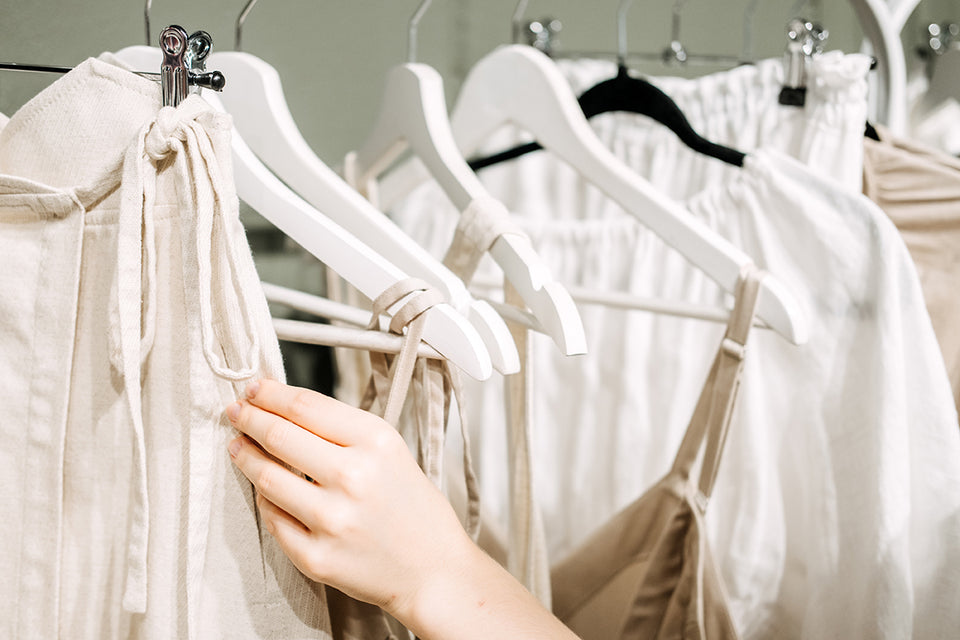
Natural cotton plant fibers are used in cotton clothing to create comfortable, long-lasting, and low-maintenance garments. Egyptian and Pima are two of the most well-known types of high-quality cotton. Both are renowned for producing luxurious, velvety clothes and sheets.
Types of Cotton
Egyptian Cotton
The name Egyptian cotton was coined from the cotton plant’s origins in Egypt. Egyptian cotton is renowned for having extra-long fibers, which makes for incredibly comfortable fabric. Egyptian cotton is not as soft as bamboo, but this type of cotton is often regarded as the best for durability.
Pima Cotton
Another bestselling type of cotton is Pima. While still comfortable to the touch, Pima has a somewhat coarser texture than Egyptian cotton, but it is resistant to tearing, pilling, and fading. Pima is grown in Australia, Peru, and the southwestern United States. With each wash, it becomes softer and more luxurious.
Bamboo Fabric
Bamboo clothes and sheets are made of bamboo fibers which are spun into yarn and formed into strings. These bamboo strings are woven into extravagantly delicate linen, duvet covers, towels, and more! There are three types of bamboo used to make fabric, and they are all slightly different.
Types of Bamboo
Rayon/Viscose
This type of bamboo is made from rayon bamboo. This is the ideal option for those with sensitive skin, including infants and those suffering from skin conditions like eczema. And, because it is quite absorbent, rayon/viscose easily absorb dyes, allowing manufacturers to create a wide range of color options.
Lyocell
Bamboo lyocell, also referred to as Tencel, is produced from the cellulose found in bamboo. Lyocell fabrics are an eco-friendly option because the chemicals used in their production are non-toxic.
Bamboo Linen
Similar to conventional linen, bamboo linen is also made mechanically and without the use of harmful chemicals. This bamboo fabric is incredibly sustainable. In distinction to other varieties of silky smooth bamboo, this has a rougher texture like linen. Bamboo linen also wrinkles easily.
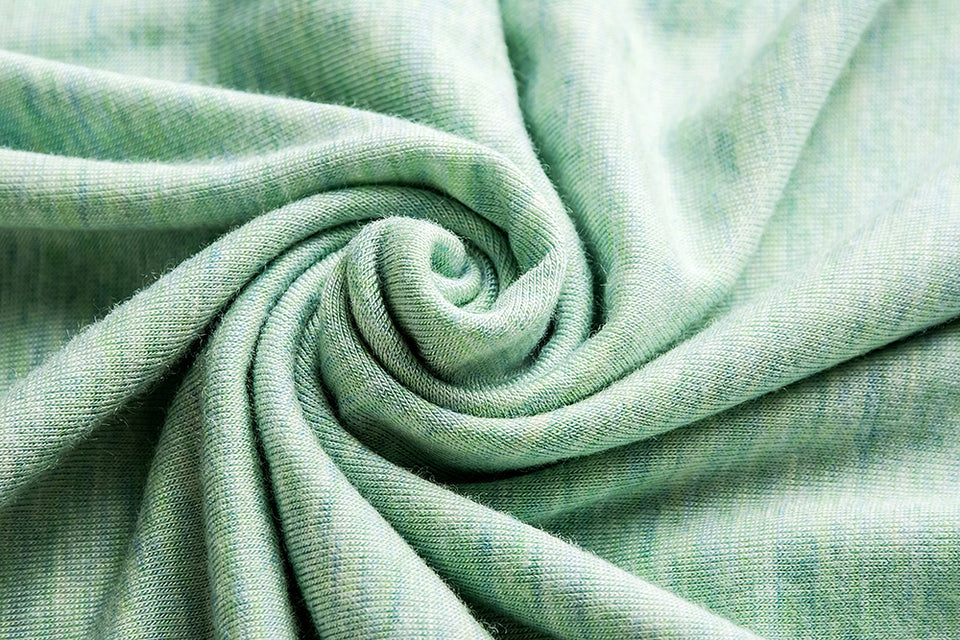
How Does Bamboo Fabric Compare to Cotton Fabric?
Your everyday comfort is greatly influenced by your clothing and bedding, so is cotton or bamboo the better option? When it comes to comfort, luxury, and durability, both offer different advantages, but knowing the details may make the choice easier.
Thread Count
The number of threads per square inch, both horizontally and vertically, is referred to as thread count. For cotton, a greater thread count is thought to result in a higher-quality and more expensive product. Ideally, Egyptian cotton should have a thread count of 400 to 700. Bamboo, on the other hand, often has a lower thread count between 250 and 350. But even the most expensive, high thread count cotton isn't always softer, lighter, or more breathable than bamboo. Because the bamboo fabric is inherently softer than cotton fabric, thread count isn't a good way to compare the two fabric types.
Comfort and Softness
High thread count bamboo has various features that make it softer than cotton, despite the fact that cotton has historically been regarded as the king of comfort. Bamboo is already silky soft and maintains its texture regardless of how long you own it, in contrast to cotton that only gets softer with time and with each wash.
Because bamboo is also incredibly resilient, cleaning it won't affect how lavish or soft it feels.
Health Benefits
Bamboo is naturally hypoallergenic and antibacterial because of its natural fibers, which also make it breathable and moisture-wicking. Bamboo also decreases body odor which frequently clings to cotton fabric and stops bacteria from growing. And, bamboo's ability to wick moisture deters dust mites, a major cause of allergies. Not to mention that adults or children with sensitive skin, including those suffering from eczema, will appreciate how smooth bamboo is.
Durability
The thread count of cotton has a significant impact on its longevity. Cotton with a lower thread count is less enduring and more likely to pill. As a result of its naturally long fibers, bamboo, on the other hand, is incredibly resilient. Unlike cotton, which is formed of shorter fibers woven together, bamboo fibers are made of threads that are as long as the entire sheet. Because of this quality, bamboo is far less likely to shred and should have a longer lifespan.
Cost
Although bamboo is frequently more expensive than cotton, the fact that bamboo clothes and bedding will last significantly longer than a comparable set of cotton makes them a good long-term investment.
FAQs
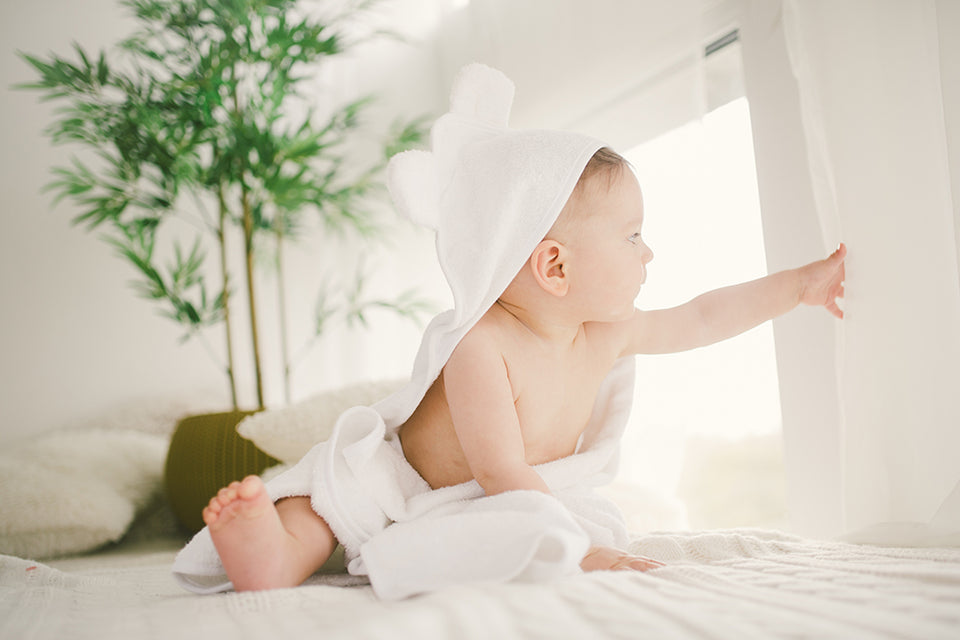
Is bamboo or cotton more breathable?
Both bamboo and cotton are natural materials that excel at regulating body temperature and durability, though some contend that cotton is more breathable and bamboo lasts longer. Bamboo is the clear winner for breathability, but it is less absorbent than cotton.
What is the difference between bamboo and cotton?
There are several distinct differences between cotton and bamboo. For example, bamboo is typically more environmentally friendly to cultivate than cotton, but it frequently requires more chemical agents to turn it into fabric. Both fabrics are natural and sustainable, but once processed, they differ in terms of comfort, softness, and durability. One of the biggest distinctions between cotton and bamboo is the cost, as bamboo may cost almost double the price of cotton.
What are the disadvantages of bamboo fabric?
Bamboo is considered to be one of the most sustainable plants on our planet, providing numerous benefits to both the environment and our health. However, this plant has some disadvantages. In comparison to cotton, bamboo fabric has a tendency to shrink more quickly. And, the cost of the natural bamboo fabric is typically higher than cotton, making it inaccessible to many.
Is bamboo or cotton better for skin?
Bamboo is best for delicate skin because it is significantly more absorbent than cotton. When there is too much moisture sitting on the skin, it can cause several different types of skin irritations.
When deciding whether to buy bamboo or cotton sheets or clothing, there are several factors to consider. However, with both bamboo and organic cotton, you can be confident that you are making a purchase that is environmentally conscious.
Hayden Hill is also deeply committed to protecting the environment and fostering sustainability. Our bags are made of 100% organic cotton certified through GOTS, which also guarantees the ethical treatment of workers. Hayden Hill delivers sustainable and beautiful garment care to preserve and protect the clothes you love most.
